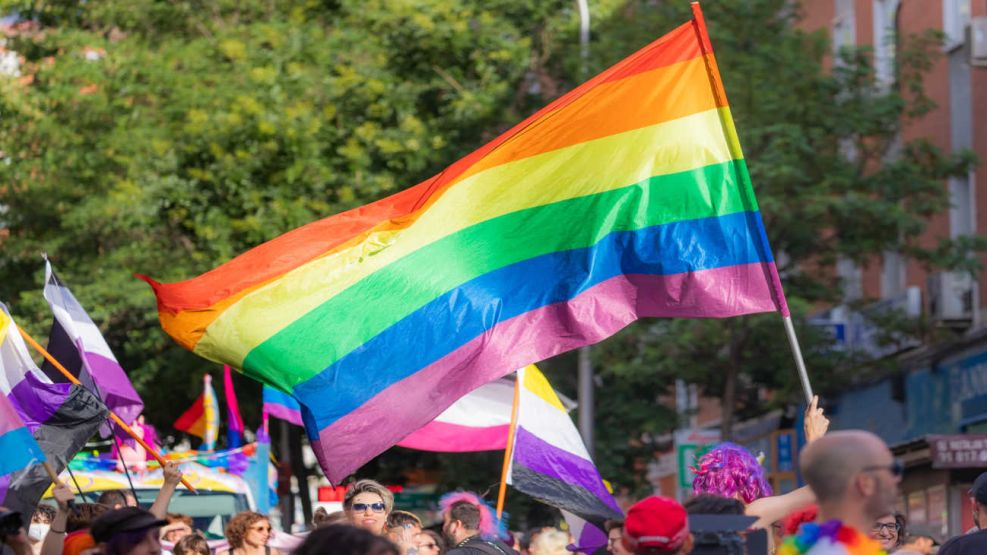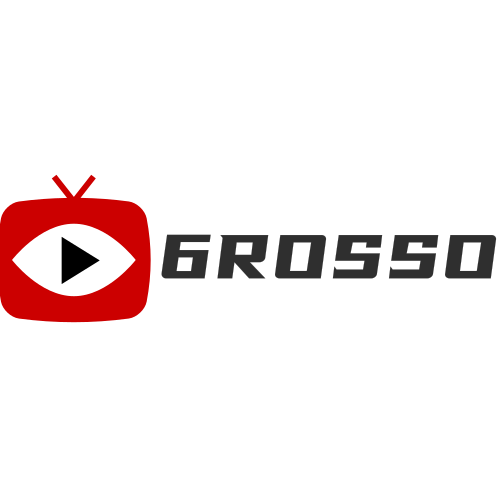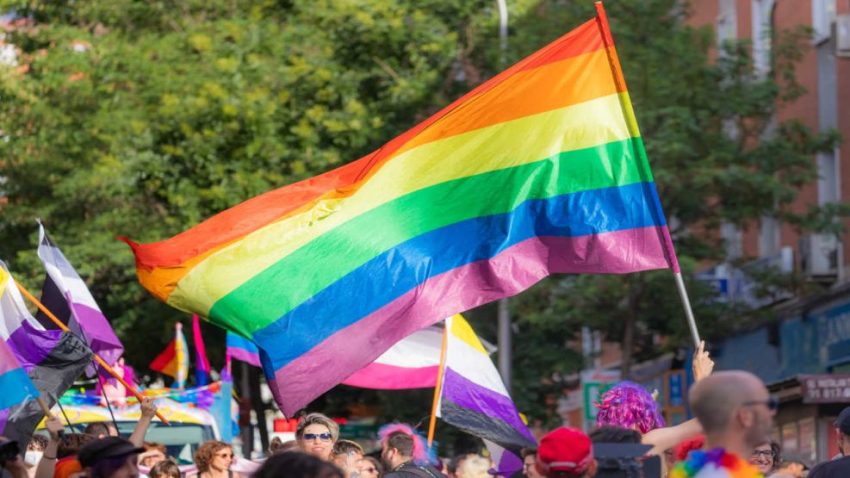
Pride Marches: From Humble Beginnings to Small Victories
In June 2013, around a hundred individuals took to the streets of Chisinau, Moldova’s capital, for the country’s inaugural Pride March. Protected by law enforcement but heckled by some citizens, particularly Orthodox Church members, these pioneers faced significant challenges. The event marked a milestone in Moldova’s LGBTQ+ activism, following Genderdoc-M’s landmark legal victory allowing them to protest freely in public spaces a year prior. Fast forward a decade to 2023, where 500 people participated in the Pride March, signaling progress despite lingering social tensions.
Slava Mulear, Genderdoc’s 41-year-old health program coordinator, reflects on the journey: “There have been some small advances, but we still have a long way to go. Hatred still lingers in the streets.” Mulear, a founding member, acknowledges the emergence of additional LGBTQ+ organizations, mainly online, facilitating broader outreach across Moldova.
Legal and Social Strides: A Bumpy Road to Acceptance
Operating from a modest residence in Chisinau, Genderdoc celebrates 25 years of advocating for LGBTQ+ rights. Moldova, with its population of 3.3 million, grapples with socioeconomic challenges alongside its evolving attitudes towards LGBTQ+ communities. Legislative amendments in 2022, driven by President Maia Sandu’s government, extended protections against discrimination to include sexual orientation and gender identity.
Despite legal advancements, challenges persist. Cristian Rotari, another Genderdoc member, notes shifts in the nature of discrimination: “There are fewer physical assaults now, but more insidious, hate-fueled attacks. While Chisinau may be more accepting, caution remains essential.” Orthodox Church affiliations, some public officials, and anti-LGBTQ+ narratives propagated by “pro-Russian sectors” contribute to ongoing intolerance, with non-binary individuals particularly vulnerable to physical violence.
European Integration: Catalyst for Change?
Moldova’s aspirations for European Union accession serve as a catalyst for LGBTQ+ rights advancement. EU negotiations commenced in late 2023, accompanied by calls for enhanced protection of LGBTQ+ individuals during public gatherings. However, EU officials underscore the need for combating entrenched stereotypes and ensuring minority communities’ safety and inclusion, urging Moldovan authorities to align with international norms.
Public sentiment appears to be shifting gradually, with a Genderdoc-commissioned survey indicating a rise in favorable or neutral attitudes towards the LGBTQ+ community in Chisinau, from 33% to 55% over three years. Moldova’s climb to 23rd place in ILGA-Europe’s rankings reflects these incremental improvements.
Healthcare Challenges and Community Support
Genderdoc’s daily operations cater to diverse needs, from providing medical tests to distributing contraceptives. Yet, navigating healthcare remains perilous for LGBTQ+ individuals, as Rotari observes: “It’s still dangerous for two men to hold hands in Chisinau. We engage with the community in bars and clubs, where access to information is more accessible.” Rural areas present greater hurdles, with LGBTQ+ individuals encountering pervasive discrimination.
Nikolai, a 24-year-old lawyer from a Moldovan village, shares his harrowing experience as an HIV-positive individual, underscoring the need for confidential support systems. Genderdoc’s healthcare program, primarily funded by the Global Fund and supplemented by donations from countries like Sweden and the UK, faces resource constraints, particularly in catering to transgender individuals’ needs.
Long-Term Goals: Legal Recognition and Social Equality
The road ahead for Moldova’s LGBTQ+ activists is fraught with challenges, from legal recognition of gender to marriage equality. Rotari emphasizes the urgency of translating advocacy into tangible change, advocating for equal rights: “We want the same rights as everyone else.”
Mulear highlights the plight of transgender individuals battling bureaucratic hurdles to update identification documents. Tragic incidents, such as the suicide of a 15-year-old transgender girl, underscore the urgency of comprehensive education and policy reform, transcending legal frameworks to effect real societal change.
Impact of the Ukrainian Conflict
Genderdoc’s mandate extends beyond national borders, offering refuge to LGBTQ+ individuals fleeing the Ukrainian conflict. These refugees, marginalized in both Ukraine and Moldova, find sanctuary and support through Genderdoc’s initiatives, underscoring the organization’s regional significance amidst geopolitical turmoil.
Nico, a 39-year-old Ukrainian refugee, expresses gratitude for Genderdoc’s assistance, highlighting the stark contrast in societal acceptance between Moldova and Ukraine. Despite Moldova’s relative tolerance, entrenched prejudices persist, necessitating continued advocacy and support.
Conclusion
Moldova’s LGBTQ+ movement has made significant strides over the past decade, buoyed by legal reforms and grassroots activism. However, challenges loom large, from persistent discrimination to resource constraints in healthcare provision. As Moldova charts its course towards European integration, the LGBTQ+ community remains at the forefront of social change, advocating for equal rights and recognition. Through organizations like Genderdoc, Moldova’s LGBTQ+ individuals find solidarity, support, and hope for a more inclusive future.


